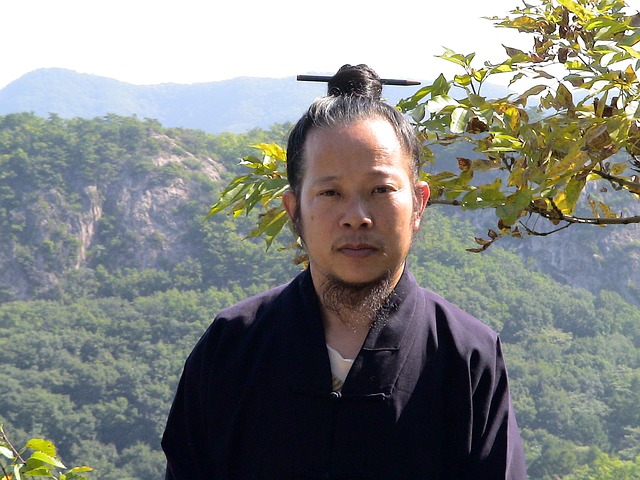Surname vs Last Name
The distinction between surname and last name depends on cultural identification. In everyday situations, people usually don’t pay attention to the different components of a person’s name, which may include a first name, middle name, and last name. However, these components become crucial when filling out official forms or applying for government documents such as passports or driver’s licenses. In these cases, the information requested often includes the person’s first name, middle name, and last name or surname. This can be confusing, as the terms are used differently across cultures. In Western cultures, the last name typically is the same as the surname. This article will explore the differences between last name and surname in more detail.
What is Surname?
When a child is born, their parents give them a name, which serves as their primary identification throughout their life. This name is also called their Christian name or baptismal name. It distinguishes them from other family members, all of whom share a common family name passed down through generations. A first name might be chosen based on the child’s physical traits, the preferences of the parents, or the influence of grandparents. However, confusion often arises when trying to differentiate between last name and surname. In Western cultures, the family name or last name also serves as the person’s surname, a tradition that dates back to the 11th and 12th centuries AD.
What is Last Name?
The term “last name” refers to the name that appears last in a person’s full name. In Western culture, the family name or surname comes at the end, so “last name,” “family name,” and “surname” are used interchangeably. However, this name order differs in cultures such as Japan, China, India, and Hungary. For example, Chinese people place their surname before their first name, which contrasts with the Western practice of putting the surname last. Therefore, in China or Japan, a person’s surname is their first name, and their given name becomes their last name. Despite these cultural differences, it is essential to understand the universally accepted convention of placing the surname or family name at the end as the last name when in a Western country.
Key Takeaways
- Surname and last name both refer to a person’s family name, regardless of cultural differences in name order.
- In Western cultures, the last name typically comes at the end of a person’s full name and is synonymous with their surname or family name.
- In some non-Western cultures, such as Chinese and Japanese, the surname comes before the given name, which can cause confusion when interacting with Western naming conventions.
